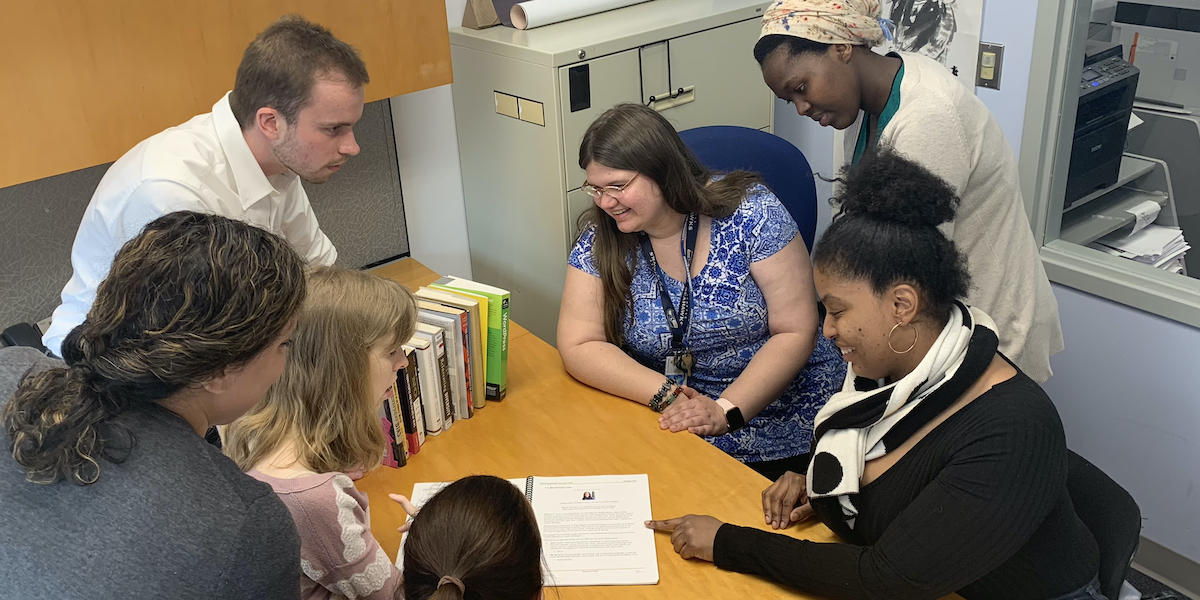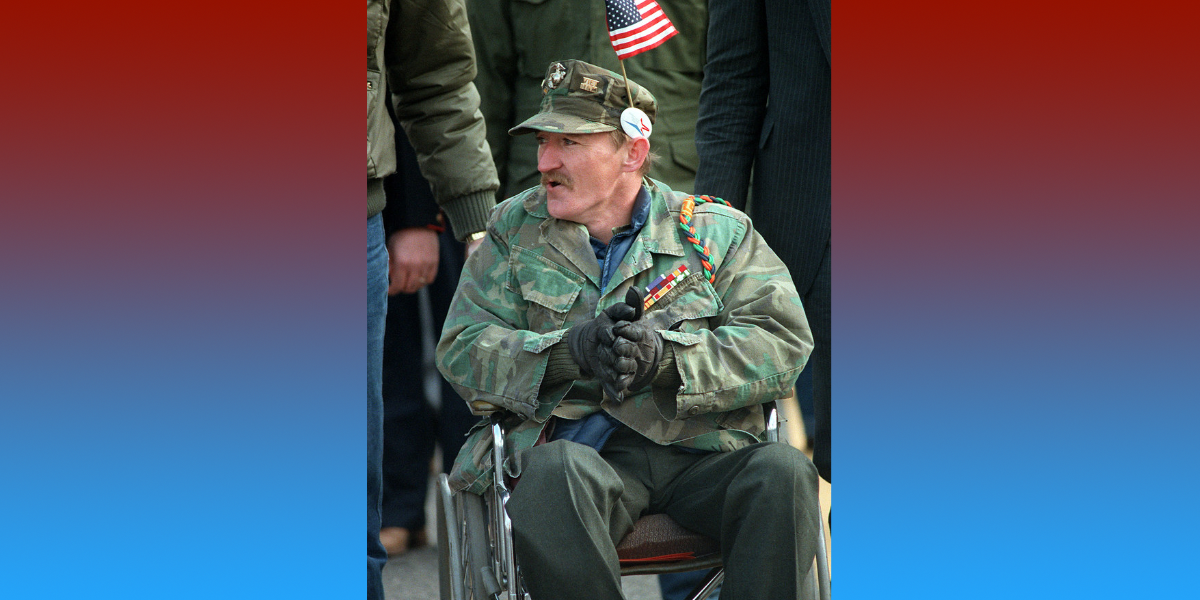South Carolina Ranks 43rd in the Country on Jobs for People with Disabilities
Columbia, South Carolina, Feb. 24 – In the run up to the 2020 South Carolina Democratic primary, the nonpartisan disability inclusion organization RespectAbility has released its South Carolina State Voter Guide.
According to the recently released 2019 Annual Disability Statistics Compendium, 717,104 people with disabilities live in South Carolina, comprising 14.4 percent of the total population. Research conducted in the 2018 election shows that 74 percent of likely voters either have a disability themselves or have a family member or a close friend with disabilities. The upcoming elections and their results will have an impact on people with disabilities, so it is important to become familiar with the candidates’ positions on certain issues.








